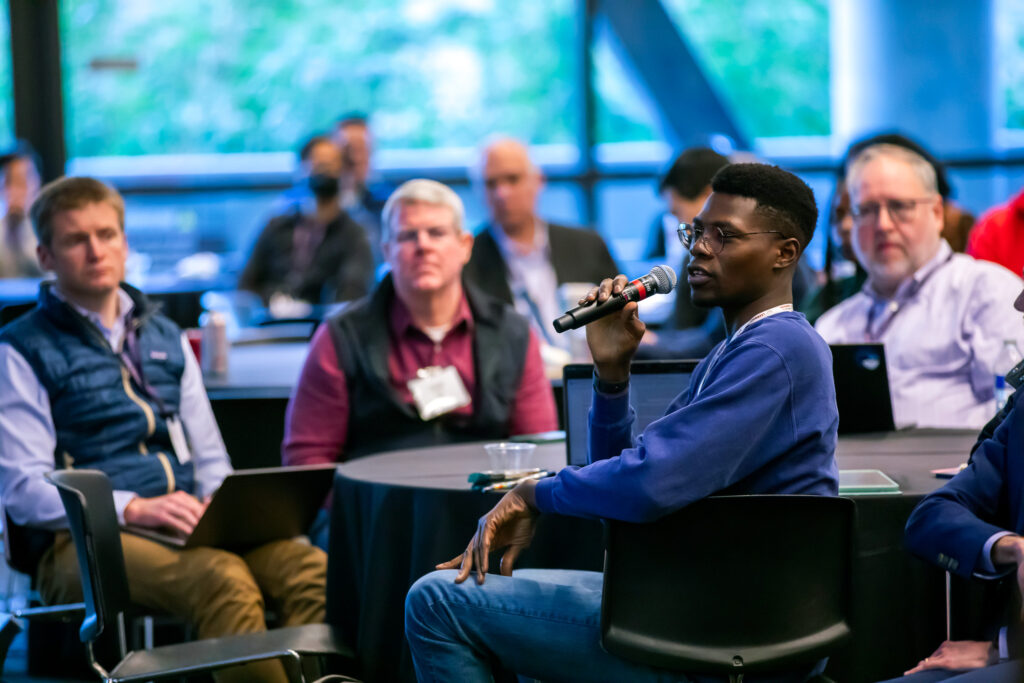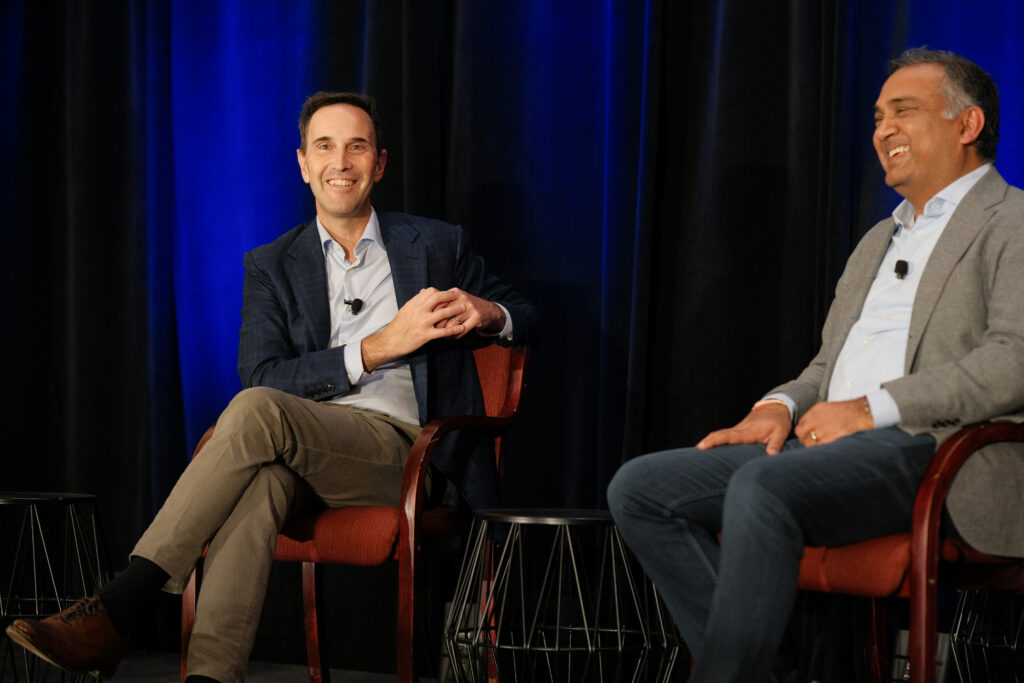Targeted reading instruction that changes the brain structure of children who struggle to read. Robotic devices that help kids “feel” math through their fingers. Sensors that provide digital representations of medical procedures to help doctors improve their skills.
These are just some of the learning ideas and solutions emerging from Stanford University’s Transforming Learning Accelerator, which hosted its inaugural Spring Summit with interdisciplinary researchers from across campus on June 2.
The Transforming Learning Accelerator aims to develop new approaches to learning that allow all learners to thrive, no matter their cultural backgrounds, zip code, or abilities. Part of Stanford’s Long-Range Vision, the accelerator spans disciplines ranging from education and neuroscience to psychology and the law and pursues partnerships to put researchers’ discoveries into practice in the field.
The Transforming Learning Accelerator is “designed to be a student-centered effort that combines the science and design of learning to develop solutions for the challenges facing learners today,” said Stanford President Marc Tessier-Lavigne, who kicked off the summit with introductory remarks. “Researchers are making new discoveries about how humans learn that will make a real difference in how we teach.”
Read more and watch the presentations Stanford neuroscientists and education scholars work together on interventions to improve learning Using technology to improve human performance and relationships Stanford scholars put data to work for all learners
Moderated by Graduate School of Education Dean Daniel L. Schwartz, the virtual conference featured three panels on how education is impacted by new discoveries in neuroscience, technology, and data. Each session was followed by a Q&A. Spotlight videos showed off some of the research projects funded by the accelerator, as well as two projects from a student Digital Learning Design Challenge.
Schwartz kicked off the conference describing the efforts underway at Stanford through the Transforming Learning Accelerator.
Using new sources of data, advances in technology, and understandings in neuroscience will enable greater discovery, flexibility, and precision in learning solutions, Schwartz added.
"This isn’t a race to a single audacious solution," he said. "But rather it’s an entirely new way of thinking about education. It’s a way to open possibilities that we just couldn’t have imagined before."


